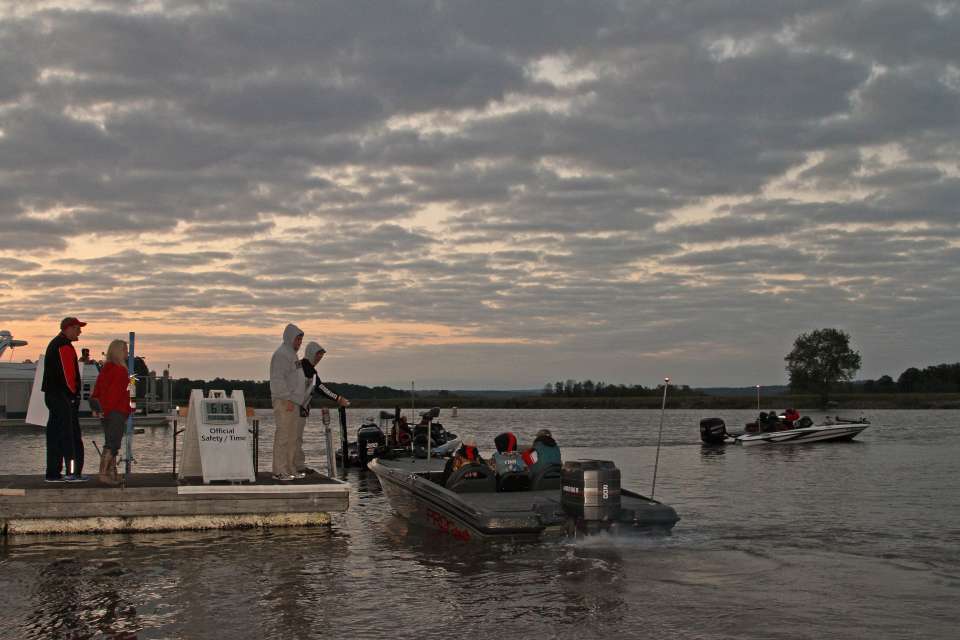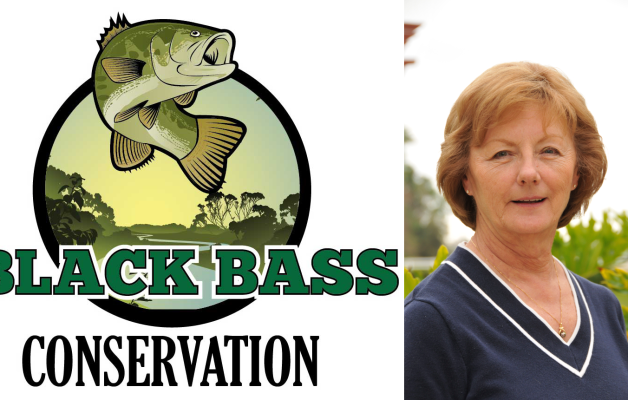
Auburn, Ala. – Most communities near public fisheries benefit economically. But Eufaula, on the Alabama side of Lake Eufaula, seems especially blessed, with bass anglers and bass tournaments major reasons for that.
With more than $10 million coming from the bass connection, anglers spent $14.6 million to fish this Alabama/Georgia border impoundment in 2017, according to a report compiled by Auburn University’s Dr. Terrill R. Hanson and Dr. Steven M. Sammons, with assistance from graduate student Jeremy Plauger.
“Economic Value of Recreational Fishing on Lake Eufaula (AL) / Walter F. George (GA)” also revealed that tournament anglers averaged about $473 of expenditures per day and 54 percent of bass anglers interviewed said they were on the lake for reasons related to a tournament. The “large majority” of those tournament anglers were around Lakepoint State Park (just north of Eufaula), the report said.
At $133,000, tournaments anglers also had the highest average household income.
“Bass anglers and tournament participants in particular understand that they have to pay to play, and it is not an inexpensive sport,” said B.A.S.S. National Conservation Director Gene Gilliland.
“What is often lost though is the total impact tournament fishing has on the economies of local communities. Studies like this one from Auburn are badly needed all over the country to document the economic impact bass fishing has and how, rather than shunning tournaments, communities should be inviting tournaments to their lakes and reservoirs because these events can be an economic engine.
“This is especially true in smaller communities and rural areas around our lakes and reservoirs where tourism and recreation may be the biggest component of their economy.”
Sammons echoed that sentiment. One of the most important findings “is the inordinate value of these reservoirs to the local economies,” he said. “Barbour County, the main county that borders Lake Eufaula and where the town of Eufaula lies, is not a prosperous place by any means.
“The latest population data puts it at about 25,000 people with a per-capita income of around $13,000. That helps put the estimated $14.6 million dollars in expenditures in context,” he continued.
“Now imagine Barbour County without that reservoir there, and imagine where it would be.”
Anglers spent money locally on fuel, lodging, food, bait, tournament fees, ramp fees and repairs. Additionally, the average one-day travel for those fishing the reservoir was 93 miles, but 107 if they were targeting bass. Fishermen of all types spent an average of $435 per visit and $189 per day.
Alabama benefited far more than Georgia, with 86 percent of expenditures spent in the former, especially in and around Eufaula.
“The main reason for this is the lack of accommodations on the Georgia side,” the report said. “Road access to the lake is more spread out and has a lot fewer boat ramps in Georgia.
“Although it would be hard to replicate the space and amenities Lakepoint Marina has, Georgia could add more boat ramps or shore line access areas, which would increase revenue going to the surrounding counties of Lake Eufaula.”
Perhaps surprisingly to many, Lake Eufaula generated more revenue for local communities than Guntersville. Possibly the reason, Sammons theorized, is the distance that anglers must travel.
“It seems the farther they go, the more they spend, the more likely they are to spend a night there, and thus the greater the value to the local community,” he said.
“Guntersville is consistently ranked in the top 10 in the annual Bassmaster ‘Best Bass Lakes’ list, but it is surrounded by other options. In contrast, Lake Eufaula is pretty much the only real fishing destination in the surrounding area. Therefore, anglers spent more to get there and fish than they did on Guntersville.
“That was reflected in the fact that annual expenditures at Eufaula exceeded those estimated for Guntersville in 2012, despite almost twice the fishing effort being expended at Guntersville.”
Whether it’s Eufaula and Guntersville in Alabama, the Kissimmee Chain in Florida, Lake Fork in Texas or thousands of other lakes across the country, bass fishing benefits local economics.
“City, county and states are thrilled to obtain this type of recreational angling impact value so they can present such findings to their governmental funding agencies and legislators to obtain additional interest in funding reservoir bass management efforts,” said Hanson.





